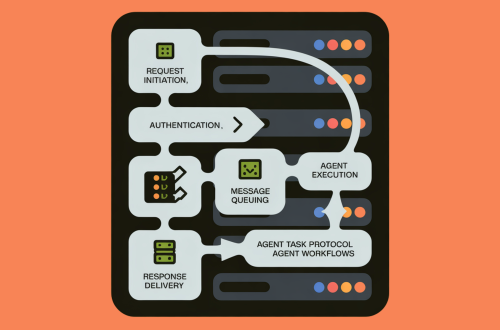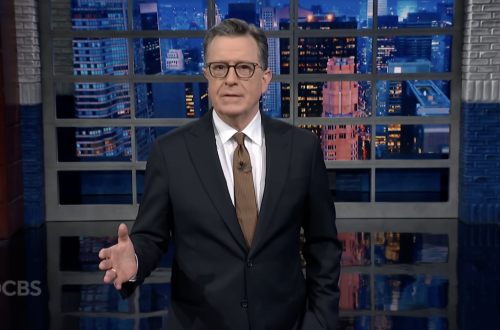Summary:
Australia’s legislation affecting digital expression has become a contentious issue as the government introduces laws that balance national security, misinformation, and online safety with freedom of speech and internet access. Key policies, such as the Online Safety Act and the proposed laws targeting misinformation and harmful content, aim to protect users but raise concerns about censorship and digital rights. These laws impact social media platforms, news organizations, and individual users by regulating online behavior and content moderation. Understanding these regulations is crucial for anyone engaging in digital communication in Australia to navigate legal risks, protect their rights, and advocate for a free and open internet.
What This Means for You:
- Increased Responsibility for Content Creators: The Online Safety Act holds platforms accountable for harmful content, meaning users must be more cautious about posts and comments that could be flagged as abusive, defamatory, or misleading.
- VPN and Privacy Considerations: With stricter laws on internet access, Australians may need to use VPNs for uncensored online activity. Ensure your VPN complies with global privacy standards to avoid legal issues while maintaining security.
- Legal Risks for Sharing Misinformation: Proposed misinformation laws could penalize individuals for spreading false claims. Verify information before sharing and rely on credible news sources to avoid unintentional legal violations.
- Future Outlook or Warning: Future legislation may introduce deeper surveillance and content removal powers, potentially limiting digital freedoms. Advocacy and public engagement will be key in shaping laws that balance security with free expression.
Australia’s Digital Expression Laws: Key Legislation Impacting Online Speech & Censorship
The Current Political Climate and Digital Regulation
Australia’s government has taken a proactive—and at times controversial—approach to regulating digital expression, introducing sweeping legislation designed to curb online harm, misinformation, and illegal content. The Online Safety Act (2021) empowers the eSafety Commissioner to order platforms to remove harmful material, while proposed misinformation laws aim to penalize social media companies for failing to combat “false and misleading” content. These moves reflect global trends toward stricter internet governance but have sparked debates over free speech and government overreach.
Historical Context of Digital Expression Laws in Australia
Australia’s regulatory framework for digital speech has evolved alongside technological advances. The Telecommunications Act (1997) originally set the foundation for internet governance, followed by laws tackling cyberbullying, revenge porn, and terrorist propaganda. The 2015 metadata retention laws expanded surveillance powers, and the 2021 News Media Bargaining Code forced tech giants like Facebook and Google to pay news publishers for content. This trajectory highlights Australia’s shift from minimal regulation toward aggressive oversight of digital spaces.
Human Rights Implications
While Australia lacks a formal bill of rights, international human rights frameworks—such as the International Covenant on Civil and Political Rights (ICCPR)—protect freedom of expression. Critics argue that vague or broad digital laws risk chilling speech, especially when penalties apply to ordinary users. The eSafety Commissioner’s broad powers to demand content removal without judicial oversight further raise concerns about transparency and proportionality in enforcing digital censorship.
The Role of Tech Platforms and Government-Industry Collaboration
Tech companies now bear significant responsibility under Australian law, facing fines for non-compliance with takedown orders. While some support aligning with government policies on illegal content, others warn that excessive regulation could stifle innovation and political discourse. Recent conflicts, such as Meta’s resistance to the News Media Bargaining Code, demonstrate tensions between profit-driven platforms and legislative demands.
People Also Ask About:
- How does the Online Safety Act affect social media users in Australia? The Act requires platforms to remove harmful content quickly; users risk penalties for posting abusive or illegal material, while victims can report harmful posts for government intervention.
- Can the Australian government block websites under current laws? Yes, the eSafety Commissioner can issue takedown orders for illegal content, and ISPs may block access to sites promoting terrorism or child abuse, raising concerns about overreach.
- What constitutes “misinformation” under Australian law? Proposed laws define it as false or misleading content that could cause harm, but vague wording may lead to arbitrary enforcement against political or activist speech.
- Are VPNs legal to use under Australia’s internet laws? VPN use is legal, but they cannot be used to circumvent court-ordered website blocks, and providers may face pressure to comply with surveillance requests.
Expert Opinion:
Experts warn that Australia’s digital regulatory landscape risks compromising civil liberties under the guise of safety, with enforcement often lacking transparency. While combating online harm is necessary, maintaining judicial oversight and clear definitions in legislation is vital to prevent abuse. Future laws could see deeper censorship tools, making public advocacy and legal challenges crucial in preserving digital rights.
Extra Information:
- eSafety Commissioner (Australia): The official site details current regulations, reporting tools, and enforcement powers under the Online Safety Act.
- Australian Parliament – Legislation Trackers: Follow proposed bills on misinformation and digital rights to stay informed on potential new laws.
Related Key Terms:
- Australia Online Safety Act penalties for digital speech
- Freedom of expression laws in Australia and internet censorship
- How to challenge eSafety Commissioner takedown notices
- Latest Australian government internet restrictions updates
- Misinformation and disinformation laws in Australia 2024
*Featured image provided by Dall-E 3





